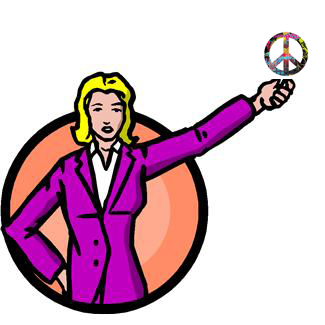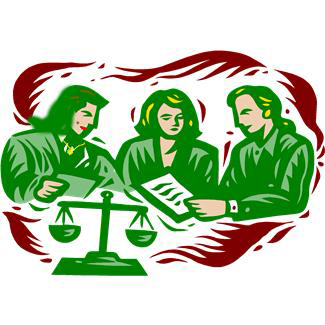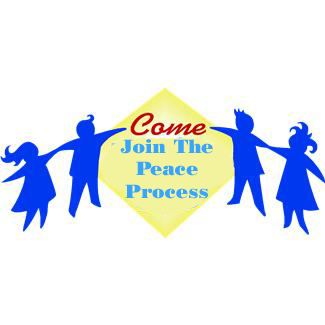How Personal Development Can Change The World
HOW PERSONAL DEVELOPMENT CAN CHANGE THE WORLD (ISSUE 111)
By Diane Gold
When one person betters herself, the world is better by one person. When many better themselves, this is multiplied. Therefore, personal development changes the world, one person at a time.
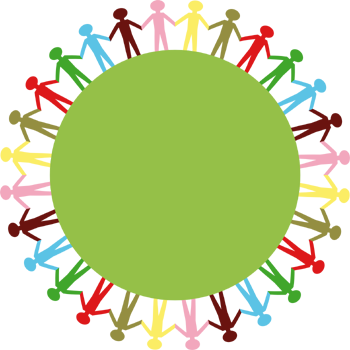 But, we may say, personal development is evolution of the individual, and changing the world requires understanding government, corporate and independent machines and acting upon given situations. So how can working inward affect working outward?
But, we may say, personal development is evolution of the individual, and changing the world requires understanding government, corporate and independent machines and acting upon given situations. So how can working inward affect working outward?
The main thing to remember is that we are not stagnant beings; we grow in one direction or the other, so when we cultivate ourselves on a regular basis and facilitate our own flourishing, we are, in essence, changing and improving the world.
PRELUDE TO BEGINNING OR NOT?
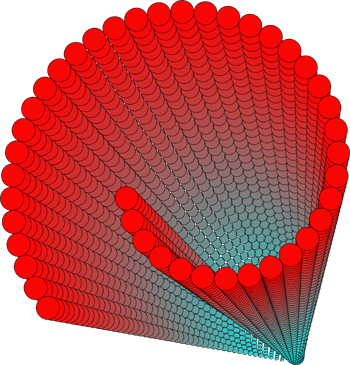
Before we can work on ourselves, do we have to stop any downward spiraling that exists from any part of our lives or from any self-limiting beliefs? ABSOLUTELY NOT, NOT NECESSARY, BARRIER THINKING, NO.
There is no need to work toward beginning. We just begin. Yes, in order to be able to pass a standardized test, we may have to take some courses to qualify. But, this is not a prelude; beginning constitutes beginning from wherever we are, so that we can go from there to achievement.
Let’s bold this rule to live by and make it an action step.
ACTION STEP
BEGIN FROM WHEREVER WE ARE. It makes no sense in comparing ourselves to someone else, because we are not someone else. We will always be ourselves, so let’s begin from where we stand. We can learn characteristics and skills of others, but we will always be ourselves and available to become higher humans.
TYPES OF PERSONAL DEVELOPMENT
Let’s look at some of the different ways people develop themselves.
Some of us read books. Many of us believe we are helping ourselves by the mere fact that we have purchased and read a book from the self-help section of the book store (the placebo effect). That’s a good thing, though. It promotes balanced people which creates a more stable world.
Others of us mingle with great humans and take on a little of each of them through every connection.
Others of us go to support groups or prayer groups, where there is a leader. The leader discusses, speaks; hopefully we get a chance to speak. Definitely we get the chance to learn to learn.
There is also the newer group model for creating a solution, where there is no leader for an agenda-driven gathering, but participant’s input creates the solution.
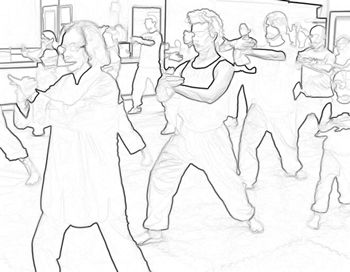 Another type of personal development fortifies us by our absorption of the very method we are studying. Tai chi, the other martial arts, free dance, meditation, yoga are disciplines in this mind-body arts category. Music, visual art, poetry are in the creative arts category. By studying any of these methods, we consume a system of learning. This system develops who we are. This development fortifies the world.
Another type of personal development fortifies us by our absorption of the very method we are studying. Tai chi, the other martial arts, free dance, meditation, yoga are disciplines in this mind-body arts category. Music, visual art, poetry are in the creative arts category. By studying any of these methods, we consume a system of learning. This system develops who we are. This development fortifies the world.
MY RECENT PERSONAL DEVELOPMENT EXPERIENCE AT 5-RHYTHMS’ DANCE SESSION
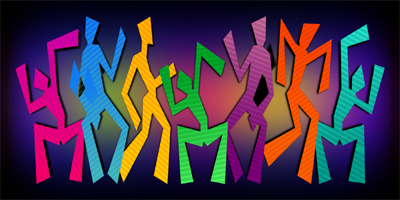 I had the pleasure of attending a 5-Rhythms’ dance session on Friday, January 3, led by Amber Ryan, in Miami. The purpose of the session was to spread goodness, to cleanse the body, mind and spirit and resonate with learning about ourselves. The ultimate goal was use the dance method (which is a method of doing your own steps with a little bit of guidance) to shake off all our own personal garbage so that we could let our own inherent love shine through.
I had the pleasure of attending a 5-Rhythms’ dance session on Friday, January 3, led by Amber Ryan, in Miami. The purpose of the session was to spread goodness, to cleanse the body, mind and spirit and resonate with learning about ourselves. The ultimate goal was use the dance method (which is a method of doing your own steps with a little bit of guidance) to shake off all our own personal garbage so that we could let our own inherent love shine through.
What is important to me about this session is that we are not told what to do or what step to dance. This freedom allows me to learn and grow. The instructor guides us on what part of our body on which to focus. Most of the time, though, we are dancing freely, with no instruction, just moving to the music, between 100 and 126 BPM (beats per minute, which you may remember from some of my other articles or from your own knowledge base – for reference, the heart beats at about 60 or 70 BPM). It is the least egocentric dance discipline I have seen. That’s because people are busy getting to know themselves, rather than comparing their dance moves to others. There is a guide, but there are no leaders.
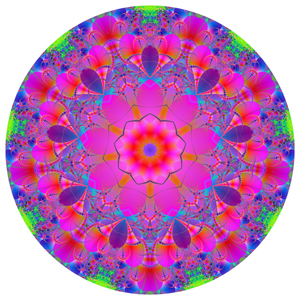 I was very involved in the dance. But the word love came up several times. One of the other partners in the event kept expressing how she felt “so much love;” whether this was inside herself or from the group, I will not speculate. Although I could speculate because I felt some kind of love-y feeling inside, radiating out to the group and back to me. Nothing ethereal, I was heated from dancing. I was happy from releasing the tension in my body through dancing. I was dancing with others, one of my favorite activities. And I was socializing with people who had nothing, at that moment, to prove.
I was very involved in the dance. But the word love came up several times. One of the other partners in the event kept expressing how she felt “so much love;” whether this was inside herself or from the group, I will not speculate. Although I could speculate because I felt some kind of love-y feeling inside, radiating out to the group and back to me. Nothing ethereal, I was heated from dancing. I was happy from releasing the tension in my body through dancing. I was dancing with others, one of my favorite activities. And I was socializing with people who had nothing, at that moment, to prove.
EUREKA
I realized that developing this positive inner feeling was personal development at its finest. If everyone were developing this joyous feeling within, we would be employing the changing the world principle, making positive humans, one individual at a time. By multiplying one times the number of people working on themselves, the world became kinder, more confident, more respectful, more social in a gentle way, with better human beings.
TAI CHI ACKNOWLEDGEMENT
I know this EUREKA PRINCIPLE to be true from tai chi, also. Because of the biological effects of doing it and the concentration required to execute it; we feel balanced, moral, cleansed, helpful to others from the inside out as well as the outside in. And, here, I can clarify that the dancing I mentioned earlier uses the same principles to move the arms, the body, the legs, the head and to personally develop the self.
CONCLUSION: HOW PERSONAL DEVELOPMENT CAN CHANGE THE WORLD
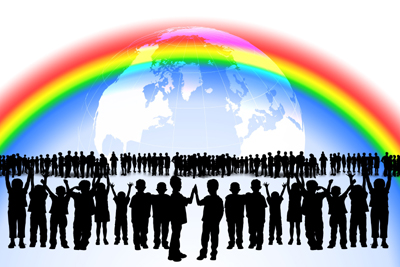 We know that personal development is individualistic, but individuals make up the world. We know that if we develop ourselves through certain disciplines, we will become spiritually rich humans and contribute good acts in the world.
We know that personal development is individualistic, but individuals make up the world. We know that if we develop ourselves through certain disciplines, we will become spiritually rich humans and contribute good acts in the world.
When we as people become better rounded, we contribute good deeds. Lots of individual good deeds changes the world, as the more personal development we do, the more our generosity prevails and the more, we contribute 1 individual at a time.
When we as people become better rounded, we contribute good deeds. Lots of individual good deeds changes the world, as the more personal development we do, the more our generosity prevails and the more, we contribute 1 individual at a time.
ACTION STEPS
Here are several steps that might be of interest to further our personal development.
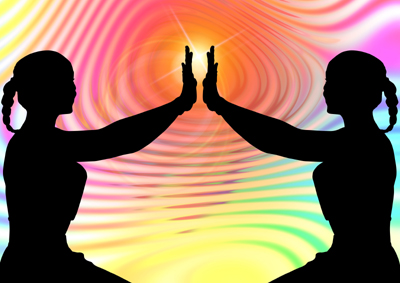 1) Choose a discipline to do on a daily basis. (It works best if you are receiving non commercial gain from said discipline. Example: this is not about painting a picture in order to sell it.)
1) Choose a discipline to do on a daily basis. (It works best if you are receiving non commercial gain from said discipline. Example: this is not about painting a picture in order to sell it.)
2) Decide on an amount of time to which you commit that is comfortable to you: 10 seconds a day or 15 minutes a day. Once you pick a number, it cannot decrease. Also, take note: once you increase your time on any one day, your increase now becomes your new daily duration of time for the discipline.
3) Do the discipline every day before the end of your day (works best in morning, if this works for your schedule).
4) After 30 days, decide whether you are a better human being because of this discipline.
5) No matter what the answer, do it another 15 days. Remember this can be 10 seconds a day or 15 minutes.
6) At the end of the 45th day, decide whether it is making you peaceful, happy, relaxed, creative, motivated, balanced. If yes, keep going. If not, go to 1).
RESEARCH NOTE
According to neuroeconomist, P.J. Zak’s research, we do good acts to maintain our position in the community because we are social creatures and wish to stay in favor in our society. When we have our food and shelter, it’s easy and we produce an adequate amount of hormone oxytocin, which gives us our generosity. When we have no food, we are out of balance, will not produce enough oxytocin and will do anything to survive, thus lose our generosity. This research also mentions the 5% of people who are in great socioeconomic situations but do anti-generous things like take billions of dollars in Ponzi schemes that hurt others. And another 5% of people who renounce their good socioeconomic status to be generous and Mother Theresa-like to others.
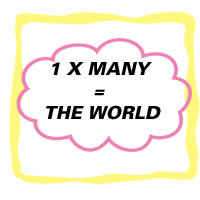
![]()
____________________________________________________________________
FEEDBACK
We value your feedback very much.
Please leave a comment below.
Please LIKE us on the website and at WarriorsOfWeight on Facebook. Thanks.
![]()
DIANE GOLD, AUTHOR
Diane Gold, Founder of Warriors of Weight, Turning Habits Into Health, is a mentor in tai chi, kung fu and meditation, a music, fitness and stress expert, dedicated mom, studying plant-based nutrition and habit change.
She believes that, in order to change the world, we must first change from the inside, each of us, individually. She says,
“Each of us needs personal development, be it tai chi, music or weekly self-help meetings. In order for us to accommodate our own changes and grow ourselves, this is best done on a daily basis.
“If we all do it, we will all become better people. If we are better people, we are changing the world for the better.”

 “My research on forgiveness has led me to this unsettling conclusion: The desire for revenge isn’t a disease that afflicts a few unfortunate people; rather it’s a universal trait of human nature, crafted by natural selection, that exists today because it helped our ancestors adapt to their environment.
“My research on forgiveness has led me to this unsettling conclusion: The desire for revenge isn’t a disease that afflicts a few unfortunate people; rather it’s a universal trait of human nature, crafted by natural selection, that exists today because it helped our ancestors adapt to their environment. Since we, as humans, are social; we have developed a code of mores that define what is and is not acceptable reaction to various actions. We have laws that help regulate our actions, as well.
Since we, as humans, are social; we have developed a code of mores that define what is and is not acceptable reaction to various actions. We have laws that help regulate our actions, as well.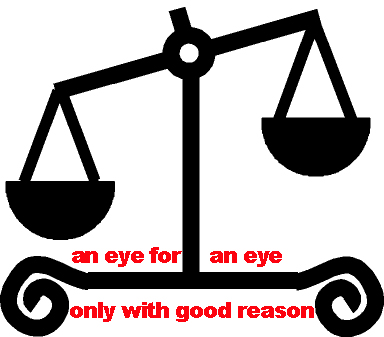
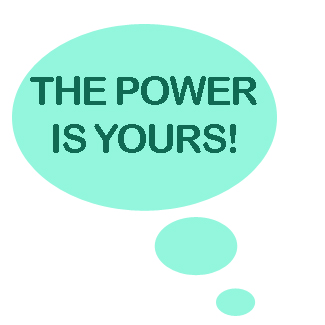
 “No! It’s in us for survival reasons. As humans with high thought process, we CAN realize when revenge is for survival and when it’s only for ego. We can temper ourselves. That’s why I equate forgiveness and revenge with any habit of substance, emotion, gambling or ice cream; it will always be there, but doesn’t always require an action.
“No! It’s in us for survival reasons. As humans with high thought process, we CAN realize when revenge is for survival and when it’s only for ego. We can temper ourselves. That’s why I equate forgiveness and revenge with any habit of substance, emotion, gambling or ice cream; it will always be there, but doesn’t always require an action. In 2013, these words of distinction are similar to the word, “natural” in the early 1980s. The word “natural,” according to the FTC (Federal Trade Commission) is a generic word that misleads and misrepresents. It can refer to anything that is minimally processed and not manufactured. It can be animal, plant and made from a substance that is naturally occurring in the earth such as petroleum. So its original intent is worthless. The words guru, master and mentor seem to be going in the same nebulous or altered direction.
In 2013, these words of distinction are similar to the word, “natural” in the early 1980s. The word “natural,” according to the FTC (Federal Trade Commission) is a generic word that misleads and misrepresents. It can refer to anything that is minimally processed and not manufactured. It can be animal, plant and made from a substance that is naturally occurring in the earth such as petroleum. So its original intent is worthless. The words guru, master and mentor seem to be going in the same nebulous or altered direction.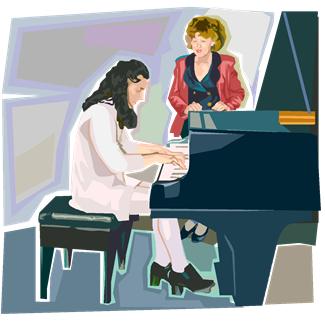 It must have been in the 1980s when I was charging $40 to give a one-hour piano lesson. I had been paying $80 for the best teachers on the planet, Norman Gold and Sanford Gold (no direct ancestral relation to me or each other). And THE ever-popular, all-in-one New York music store offered the same duration piano lessons for $12 a pop.
It must have been in the 1980s when I was charging $40 to give a one-hour piano lesson. I had been paying $80 for the best teachers on the planet, Norman Gold and Sanford Gold (no direct ancestral relation to me or each other). And THE ever-popular, all-in-one New York music store offered the same duration piano lessons for $12 a pop.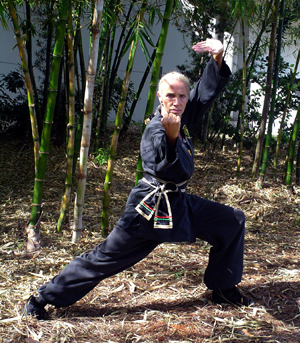 Next, from 1995 to the present, I’ve been in the martial arts business. And the same thing has happened. Throughout my martial arts career, I have seen people who trained for a year or two or people who trained for three months and won one tournament, open a school and hang a sign that said “Master Smith’s Martial Arts.” I have also experienced teachers along the way who were called “master” but did not possess the honesty, integrity, knowledge, skills or humanity to hold the title.
Next, from 1995 to the present, I’ve been in the martial arts business. And the same thing has happened. Throughout my martial arts career, I have seen people who trained for a year or two or people who trained for three months and won one tournament, open a school and hang a sign that said “Master Smith’s Martial Arts.” I have also experienced teachers along the way who were called “master” but did not possess the honesty, integrity, knowledge, skills or humanity to hold the title.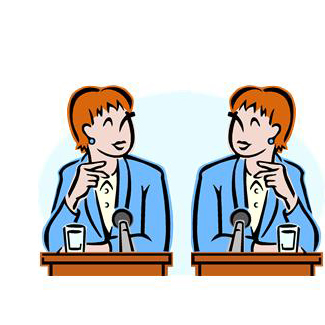
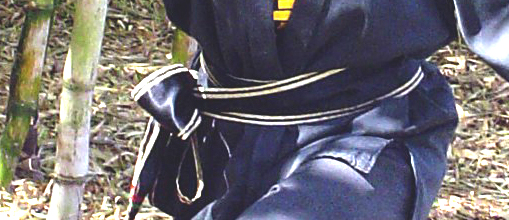 It is not common knowledge that the black belt in martial arts is a symbol of a dedicated student who, if very conscientious, has learned no more than 10% of her subject. All over the world, though, because we can acquire testing fees and sell uniforms to go with new belts, this very fact is rarely emphasized or understood.
It is not common knowledge that the black belt in martial arts is a symbol of a dedicated student who, if very conscientious, has learned no more than 10% of her subject. All over the world, though, because we can acquire testing fees and sell uniforms to go with new belts, this very fact is rarely emphasized or understood.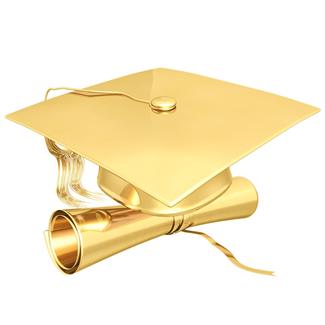
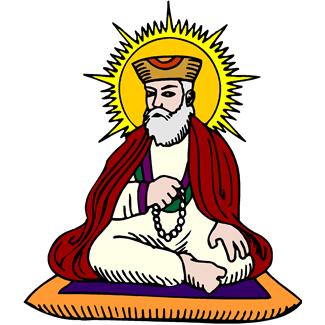
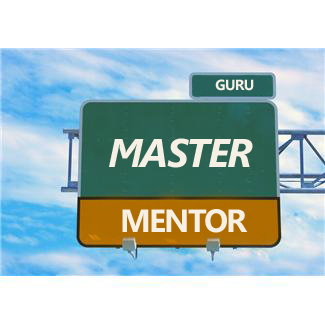
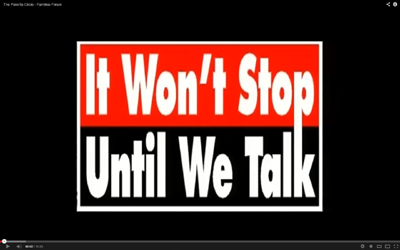
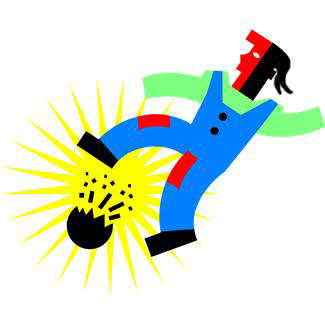
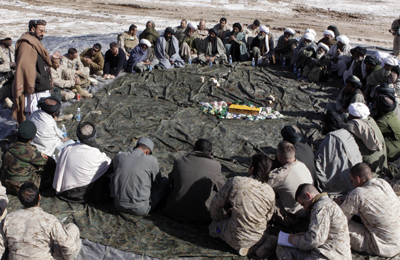 1) Bereaved people from opposing sides of a conflict share their story, 1 at a time, with the whole group. (Image depicts a generic group.)
1) Bereaved people from opposing sides of a conflict share their story, 1 at a time, with the whole group. (Image depicts a generic group.)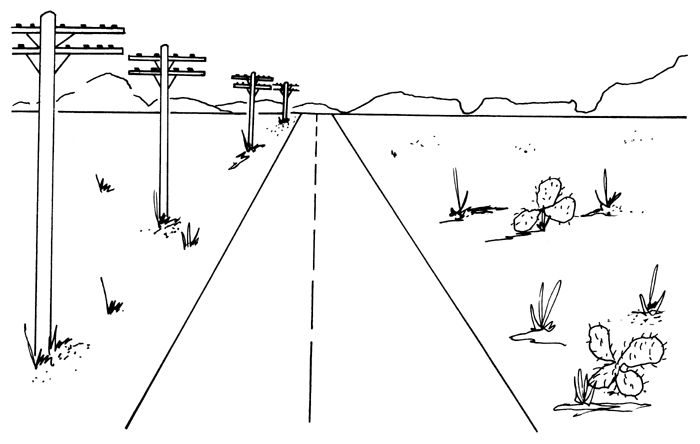 CATHARSIS
CATHARSIS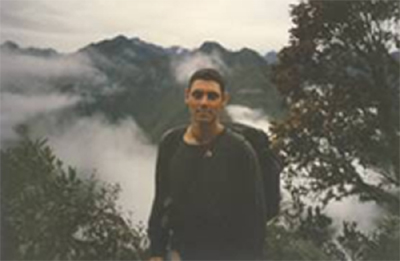
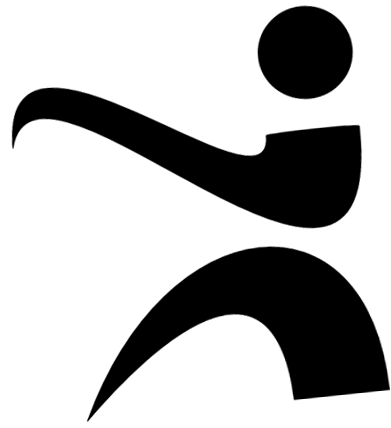 But tai chi has other functions. There is scientific evidence that tai chi also improves flexibility, focus, respiration, muscle response, memory, mental attitude.
But tai chi has other functions. There is scientific evidence that tai chi also improves flexibility, focus, respiration, muscle response, memory, mental attitude.
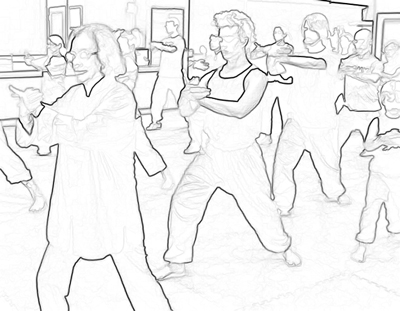 In order to learn tai chi, we have to concentrate on the actual movement we are doing. We do the same movement over and over again until it becomes familiar to us. Sounds a little like a habit, right? It is different from jumping rope, doing a dance routine, going to the gym because every time we do it, it is different. Tai chi movement involves every single part of the body. And we are different of mind and body every day. That is why it is different. As with any martial art, the movement is a tool for training and changing the mind. However, the physical way we execute the motion is related to our mood at the moment, what we choose to express, how relaxed our body is and whether we are working on warding off a potential attacker. These factors affect the movement and make it unique in the world of movement arts.
In order to learn tai chi, we have to concentrate on the actual movement we are doing. We do the same movement over and over again until it becomes familiar to us. Sounds a little like a habit, right? It is different from jumping rope, doing a dance routine, going to the gym because every time we do it, it is different. Tai chi movement involves every single part of the body. And we are different of mind and body every day. That is why it is different. As with any martial art, the movement is a tool for training and changing the mind. However, the physical way we execute the motion is related to our mood at the moment, what we choose to express, how relaxed our body is and whether we are working on warding off a potential attacker. These factors affect the movement and make it unique in the world of movement arts.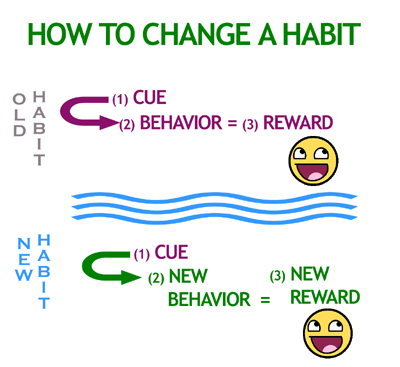 The fact that tai chi involves mind, body and the way we live our lives, but all we have to do is watch our moving hand or foot to grasp our own attention is the very reason it can help change a habit. When we get the CUE, that urge, craving, onset of desire to behave habitually, we can
The fact that tai chi involves mind, body and the way we live our lives, but all we have to do is watch our moving hand or foot to grasp our own attention is the very reason it can help change a habit. When we get the CUE, that urge, craving, onset of desire to behave habitually, we can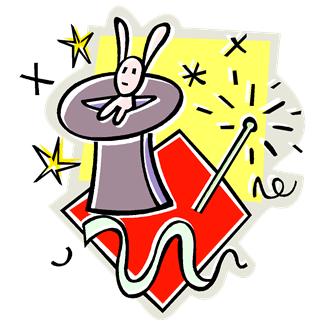 At the beginning, meaning for 3 to 4 weeks, if possible; it’s a good idea not to look at the new reward or evaluate it or compare it to the old reward. We have to remember it took lots of repetition to learn the old behavior, so give the new behavior some time to become beneficial to our lives before deciding to judge it. Otherwise the mind will play the old trick that the new behavior doesn’t work for us (which is. most of the time, a self-con so that we can go back to our old behavior).
At the beginning, meaning for 3 to 4 weeks, if possible; it’s a good idea not to look at the new reward or evaluate it or compare it to the old reward. We have to remember it took lots of repetition to learn the old behavior, so give the new behavior some time to become beneficial to our lives before deciding to judge it. Otherwise the mind will play the old trick that the new behavior doesn’t work for us (which is. most of the time, a self-con so that we can go back to our old behavior).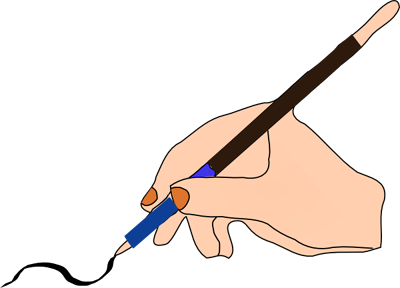 1) WRITE IT DOWN!
1) WRITE IT DOWN!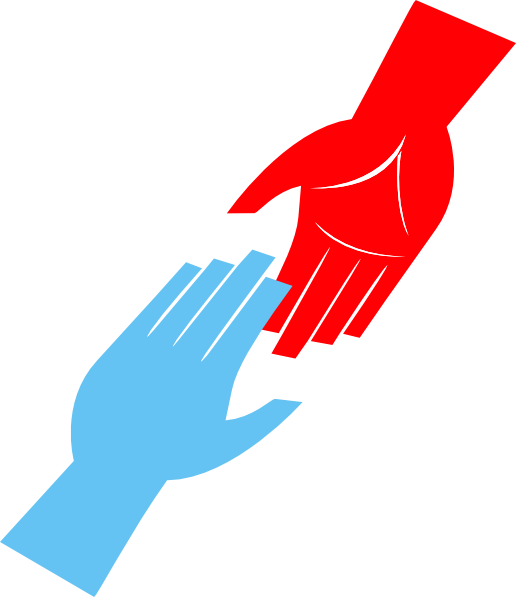 5) CALL SOMEONE
5) CALL SOMEONE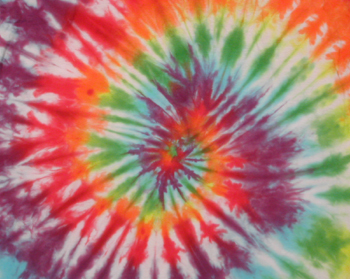 In November, 1969, I ended up going to the Palm Beach Pop Music Festival, a glorious lifetime game changer of 3 cold, wet and muddy days where I saw Janis Joplin, The Rolling Stones, Iron Butterfly and a host of other musicians, friends, action. Yes, they were singing about peace and what was wrong with our time with our presence in Vietnam very much on our minds. We wore tie dyed t-shirts, flowers in our hair, peace signs on our clothing and marched for various freedoms which are now common place.
In November, 1969, I ended up going to the Palm Beach Pop Music Festival, a glorious lifetime game changer of 3 cold, wet and muddy days where I saw Janis Joplin, The Rolling Stones, Iron Butterfly and a host of other musicians, friends, action. Yes, they were singing about peace and what was wrong with our time with our presence in Vietnam very much on our minds. We wore tie dyed t-shirts, flowers in our hair, peace signs on our clothing and marched for various freedoms which are now common place. We have all listened to lectures, read some article, report, paper or book justifying the need for peace. Although these intellectual pursuits are impressive, they are not exciting enough to make us get involved enough to empower a movement. Most of the time, we do not move because most of what we hear and read is dry and does not create that exponentially growing enthusiasm we require to take a committed step.
We have all listened to lectures, read some article, report, paper or book justifying the need for peace. Although these intellectual pursuits are impressive, they are not exciting enough to make us get involved enough to empower a movement. Most of the time, we do not move because most of what we hear and read is dry and does not create that exponentially growing enthusiasm we require to take a committed step.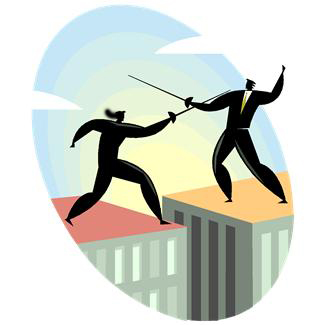 Aggressive behavior involves fighting, yelling, anger and conflict resolution that usually ends in violence. We, as civilized people, accomplish temporary territorial expansion, human rights as we see them at the time of issue and winning a struggle of will until the next powerful wave of fellow humans decides there is a need for change. Not a great show of modern civilization.
Aggressive behavior involves fighting, yelling, anger and conflict resolution that usually ends in violence. We, as civilized people, accomplish temporary territorial expansion, human rights as we see them at the time of issue and winning a struggle of will until the next powerful wave of fellow humans decides there is a need for change. Not a great show of modern civilization.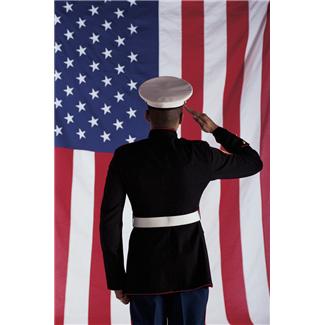
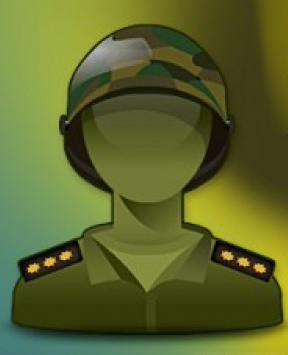 (I am in deep gratitude to our military fighters who protect our children, our way of life, our freedoms. At this time, there is need for such military strength. Will this always be our nature, or can we evolve?
(I am in deep gratitude to our military fighters who protect our children, our way of life, our freedoms. At this time, there is need for such military strength. Will this always be our nature, or can we evolve?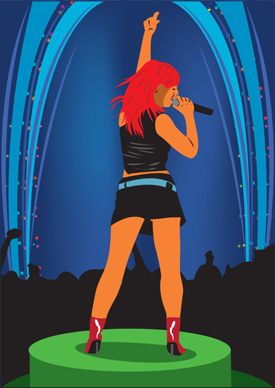 It’s because of the pizazz in some of us, often celebrities, that the others of us are sparked to take action.
It’s because of the pizazz in some of us, often celebrities, that the others of us are sparked to take action.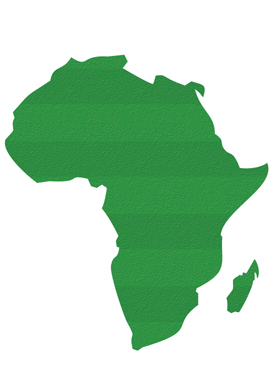 You may remember
You may remember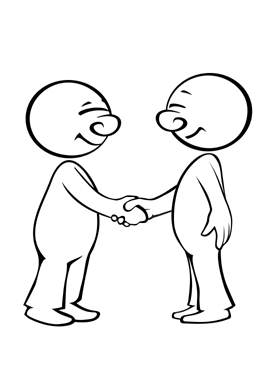 Since we all like to be entertained and we get involved by celebrity messages, let’s continue to use entertainment to make sparks fly. It’s sexy, creative, diverse, instantaneous. We become instantly involved when we hear a song that we like or see art that is beautiful.
Since we all like to be entertained and we get involved by celebrity messages, let’s continue to use entertainment to make sparks fly. It’s sexy, creative, diverse, instantaneous. We become instantly involved when we hear a song that we like or see art that is beautiful.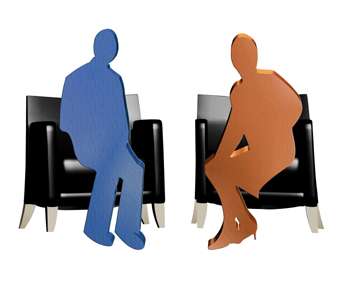 Start talking to someone who has grown up in war. When they get inflammatory about their opposing tribe, don’t get inflammatory or judgmental. Work to understand this behavior.
Start talking to someone who has grown up in war. When they get inflammatory about their opposing tribe, don’t get inflammatory or judgmental. Work to understand this behavior.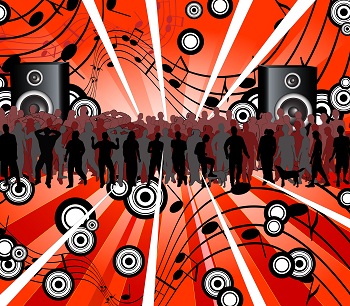 Commit that you make it your goal to pick a performer that fires you up: a musician, a visual artist, an actor, a creator. Pick one who donates to a peace cause. Go to concerts of this performance troupe, either in person or online. Follow the network attached to this performer, and look into the organization that benefits from the donation.
Commit that you make it your goal to pick a performer that fires you up: a musician, a visual artist, an actor, a creator. Pick one who donates to a peace cause. Go to concerts of this performance troupe, either in person or online. Follow the network attached to this performer, and look into the organization that benefits from the donation.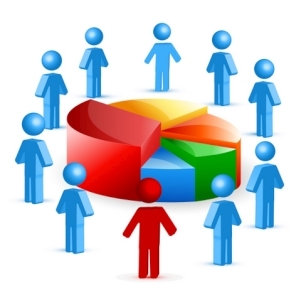 Join a network that is all about getting people together for the purpose of creating new art, new music, new creativity for the sake of upgrading our peace, our resources, our human rights and downgrading our greed and our habits that cause us to be unhealthy.
Join a network that is all about getting people together for the purpose of creating new art, new music, new creativity for the sake of upgrading our peace, our resources, our human rights and downgrading our greed and our habits that cause us to be unhealthy.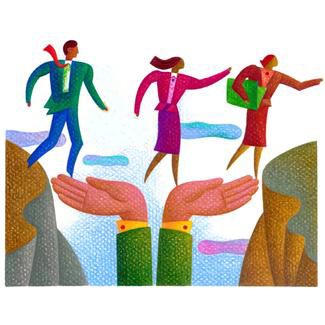 In order to build a peace bridge, we have to work every day to rid ourselves of old ideas, old reactions, our own prejudices. How?
In order to build a peace bridge, we have to work every day to rid ourselves of old ideas, old reactions, our own prejudices. How?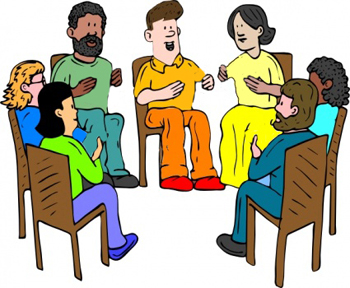 Peace needs a bridge that we, individually and collectively, can build. Every day, we can choose to back away from our own need for power by submitting to listen to someone; we can build the bridge. When we act well, others see it and may make it part of their culture. When we yield, the more powerful we become. We may even release the anger that causes war.
Peace needs a bridge that we, individually and collectively, can build. Every day, we can choose to back away from our own need for power by submitting to listen to someone; we can build the bridge. When we act well, others see it and may make it part of their culture. When we yield, the more powerful we become. We may even release the anger that causes war.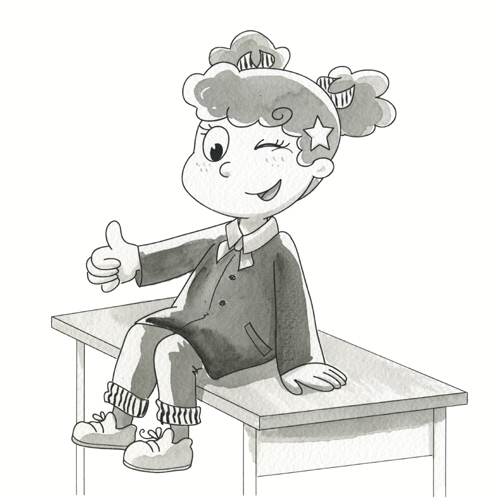
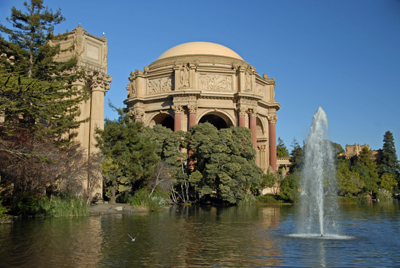 I was thinking about the studies I read, the nutrition I study and have access to, the articles I write on how to lead a better life through no stress, better habits and good times. When all of a sudden, I realized that the techniques I write about are luxurious. Meaning able to be executed because of our luxury. I knew it was time to focus on some of those luxuries that we take for granted.
I was thinking about the studies I read, the nutrition I study and have access to, the articles I write on how to lead a better life through no stress, better habits and good times. When all of a sudden, I realized that the techniques I write about are luxurious. Meaning able to be executed because of our luxury. I knew it was time to focus on some of those luxuries that we take for granted.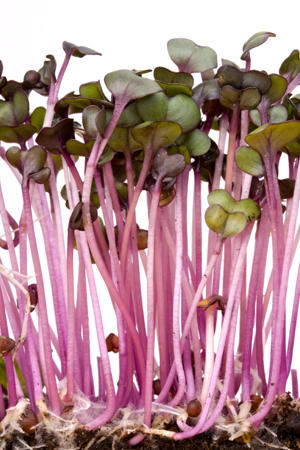 Almost
Almost 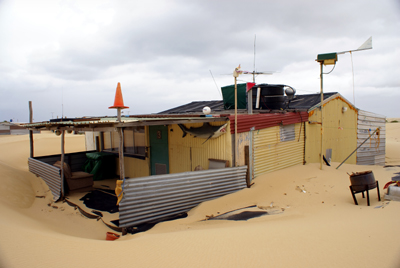 There are so many different levels of having shelter. Some of us used to have a tin house that was washed away by a hurricane. Others of us have a small apartment. And others own several palatial homes in different parts of the world. Whatever we have, it is a gift. Especially if we can actually be comfortable in it.
There are so many different levels of having shelter. Some of us used to have a tin house that was washed away by a hurricane. Others of us have a small apartment. And others own several palatial homes in different parts of the world. Whatever we have, it is a gift. Especially if we can actually be comfortable in it. Not to get gushy, but, the 1 thing the United States offers is a special array of freedoms. True, we have a little imbalance of power, from time to time, when it comes to the corporation vs. the individual. But, mostly, we have the largest vat of freedom in the world. Not to be taken lightly.
Not to get gushy, but, the 1 thing the United States offers is a special array of freedoms. True, we have a little imbalance of power, from time to time, when it comes to the corporation vs. the individual. But, mostly, we have the largest vat of freedom in the world. Not to be taken lightly.
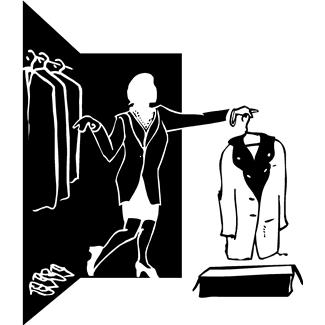
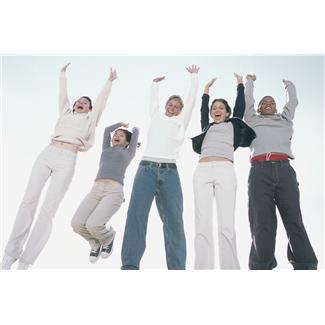 5) PEACE & FREEDOM ACTION STEP
5) PEACE & FREEDOM ACTION STEP The weight loss goal is huge because it relates to almost every aspect of our everyday lives. Often times, we have to change many behaviors of our eating process in order to change 1: the way we move, the way we rest and the restaurant or food preparation routines we have grown to love.
The weight loss goal is huge because it relates to almost every aspect of our everyday lives. Often times, we have to change many behaviors of our eating process in order to change 1: the way we move, the way we rest and the restaurant or food preparation routines we have grown to love.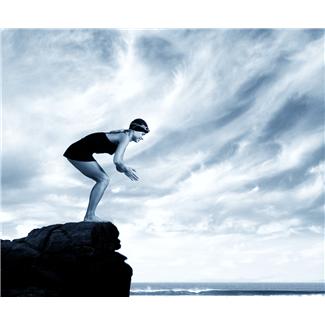 I know it always takes me a few minutes to process the possibility of change, a few minutes to get used to the idea and another several minutes to accept the change. This usually takes a good 30 minutes. It’s very comforting to watch myself through this process. I usually laugh at myself during it, as I am so predictable to myself. Luckily for me, because of my mother’s bright attitude and the practicality for which my martial arts work has prepared me, I always, and I mean always, end up looking for the good in the crossroads.
I know it always takes me a few minutes to process the possibility of change, a few minutes to get used to the idea and another several minutes to accept the change. This usually takes a good 30 minutes. It’s very comforting to watch myself through this process. I usually laugh at myself during it, as I am so predictable to myself. Luckily for me, because of my mother’s bright attitude and the practicality for which my martial arts work has prepared me, I always, and I mean always, end up looking for the good in the crossroads.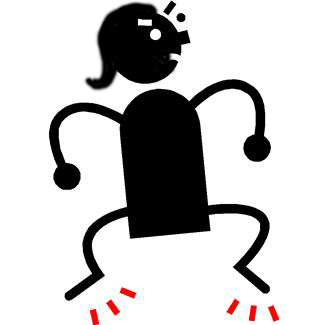 1) We can rebel and stomp our feet at our new situation. If we turn music on and stomp to it, we can turn our reaction into a totally therapeutic action. Verbalizing to the music helps us to accept the change, too, as is done in improv or rap.
1) We can rebel and stomp our feet at our new situation. If we turn music on and stomp to it, we can turn our reaction into a totally therapeutic action. Verbalizing to the music helps us to accept the change, too, as is done in improv or rap.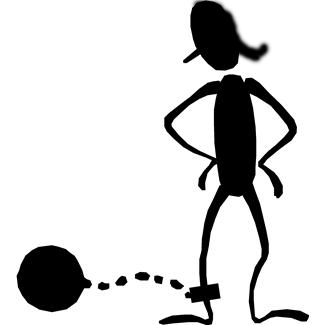
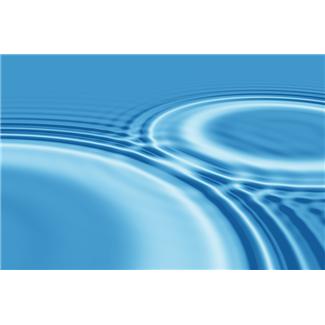 3) We can remain calm, ask for help if we need it and look at the pros of our new situation. Of course, it’s always good to be balanced and positive. Not always easy and not always sensible. It always pays to stay aware and focused.
3) We can remain calm, ask for help if we need it and look at the pros of our new situation. Of course, it’s always good to be balanced and positive. Not always easy and not always sensible. It always pays to stay aware and focused.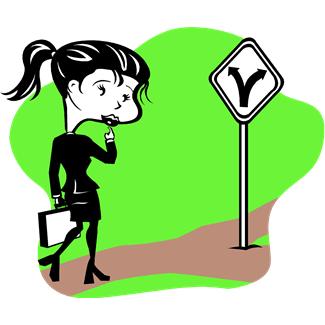 Pick 1)(a) or 1)(b) to start.
Pick 1)(a) or 1)(b) to start.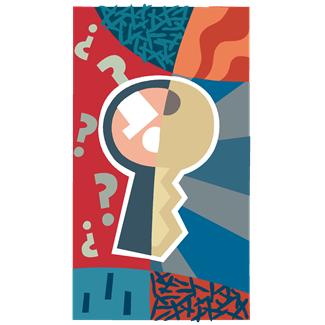 Life is full of crossroads. They always show up, in our personal lives and in our lives as global citizens. Every time we make a life decision, we are at a crossroads. Every time we vote, we are at a crossroads. We can look at our choices as necessary steps leading us forward. We can also savor the opportunities they bring and use the pro and con method to ensure that we come to the most efficient understanding of our crossroads as they arrive.
Life is full of crossroads. They always show up, in our personal lives and in our lives as global citizens. Every time we make a life decision, we are at a crossroads. Every time we vote, we are at a crossroads. We can look at our choices as necessary steps leading us forward. We can also savor the opportunities they bring and use the pro and con method to ensure that we come to the most efficient understanding of our crossroads as they arrive.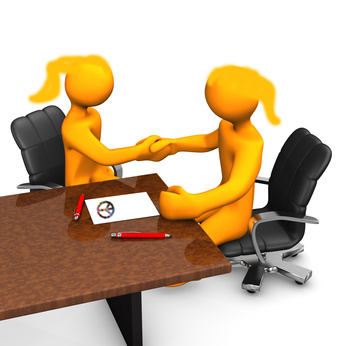 In December 3rd’s article, The Peace Process: A Step-By-Step Formula, we talked about being able to understand conflicting views and really listening to the answers. Action steps were offered which included speaking with the 2 members of opposing geo-politico-religious sides and, by doing so, earning the trust of each.
In December 3rd’s article, The Peace Process: A Step-By-Step Formula, we talked about being able to understand conflicting views and really listening to the answers. Action steps were offered which included speaking with the 2 members of opposing geo-politico-religious sides and, by doing so, earning the trust of each.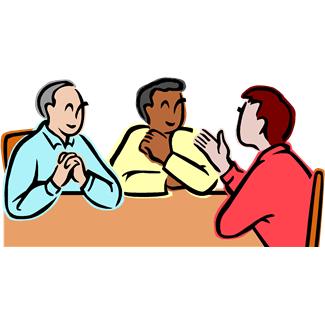 So Phase 2 has to be about creating a discussion between a neutral person and 2 participants on the same side, with 1 of those agreeing to role play a member of the opposite side: Phase 2 of the Peace Process Formula.
So Phase 2 has to be about creating a discussion between a neutral person and 2 participants on the same side, with 1 of those agreeing to role play a member of the opposite side: Phase 2 of the Peace Process Formula. It is necessary for each side of a conflict to trust the moderator, mediator, arbitrator, counselor.
It is necessary for each side of a conflict to trust the moderator, mediator, arbitrator, counselor.